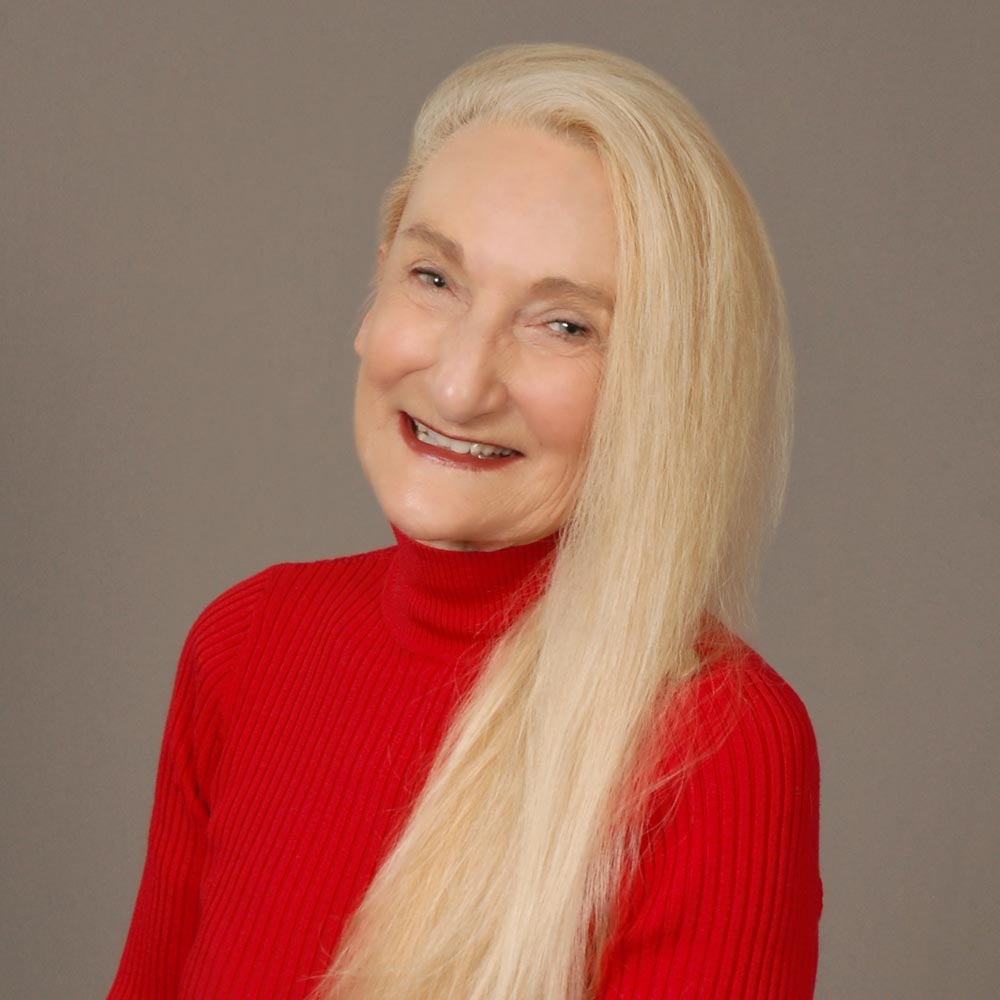
Composer
Betty R. Wishart and music are synonymous. Her earliest memories involve singing in church choirs and playing the piano. She was introduced to contemporary music while studying with Richard Bunger at Queens University. At the end of her junior year, she wrote her first composition, submitted it to a music fraternity and was invited to perform a mini-recital of her music at their international conference. That event inspired her to continue composing while earning an M.M. degree in piano performance at the University of North Carolina at Chapel Hill. While pursuing further study in piano and composition in New York City, she accepted and won a challenge from a writer to see who could get published first.
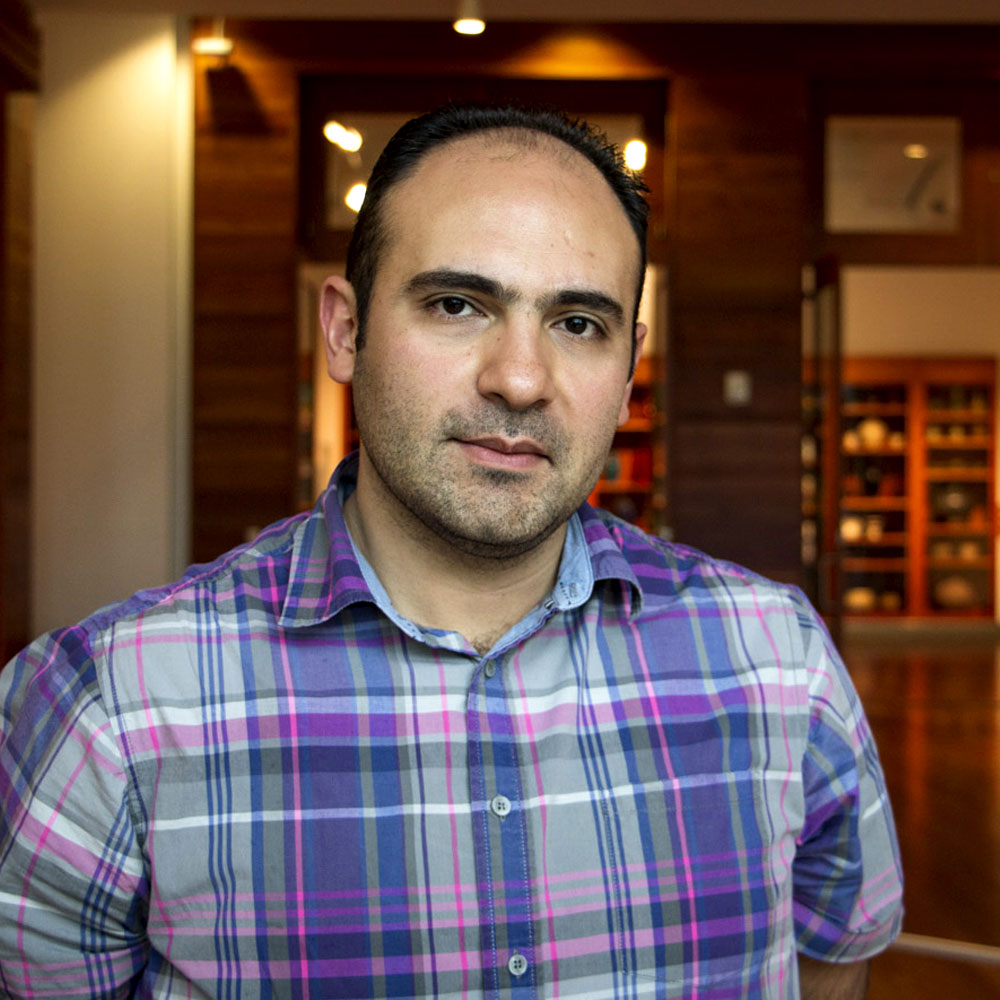
Composer
Nearly all of Navid Bargrizan’s compositions explore intonational and tuning concepts, ranging from just intonation and extended equal temperaments (e.g. 24-tone or 36-tone equal temperament) to various microtonal concepts adopted from diverse musical cultures. Since 2014, his experiments with microtonality have resulted in 13 premieres and more than 40 performances of his works in the United States, Canada, Germany, and Austria, including at New York City Electroacoustic Music Festival, Toronto International Electroacoustic Symposium, Eastern Music Festival, Florida Contemporary Festival, and conferences of the Society of Composers, Inc.
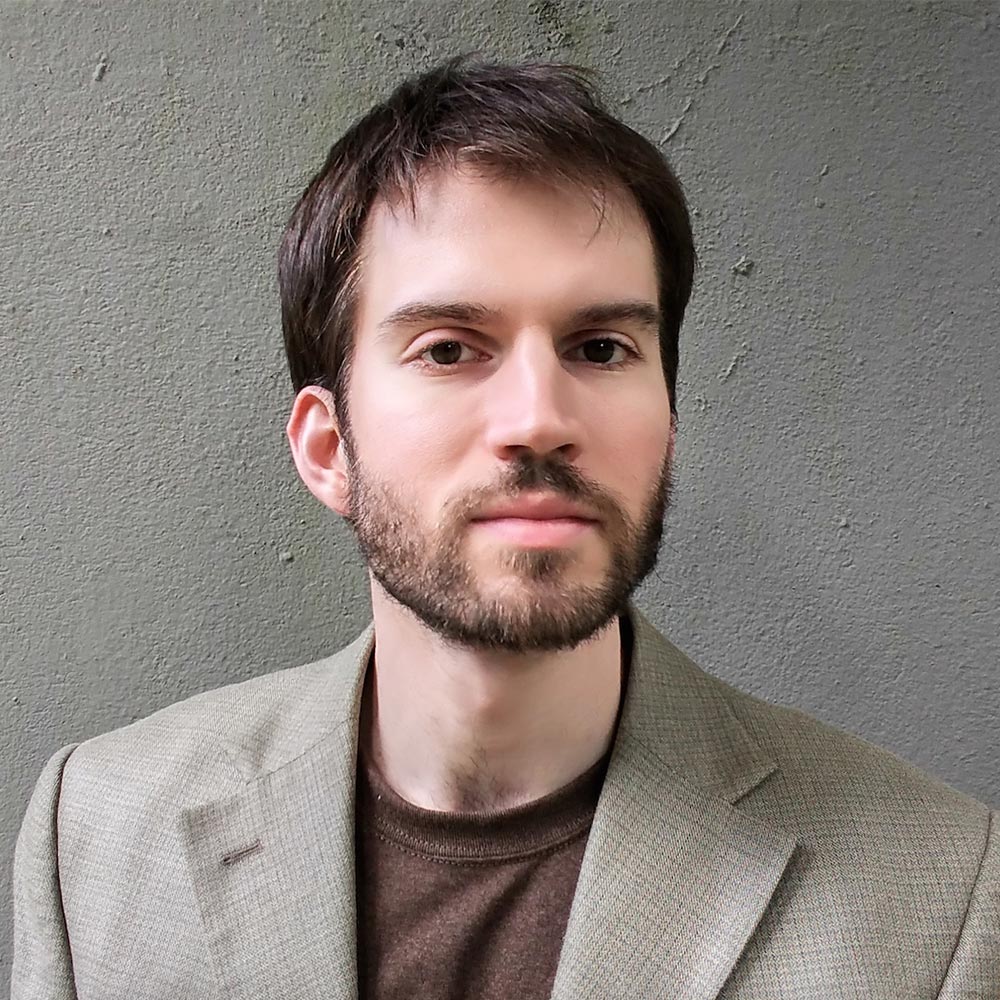
Composer
Jeffrey Bowen is a composer and guitarist currently living in Seattle, Washington. His compositions feature gradually evolving processes and explorations of liminal spaces, and have been performed by Pascal Gallois, Maja Cerar, Beta Collide, Ensemble DissonArt, and the Luminosity Orchestra, among other ensembles in the USA and Europe.
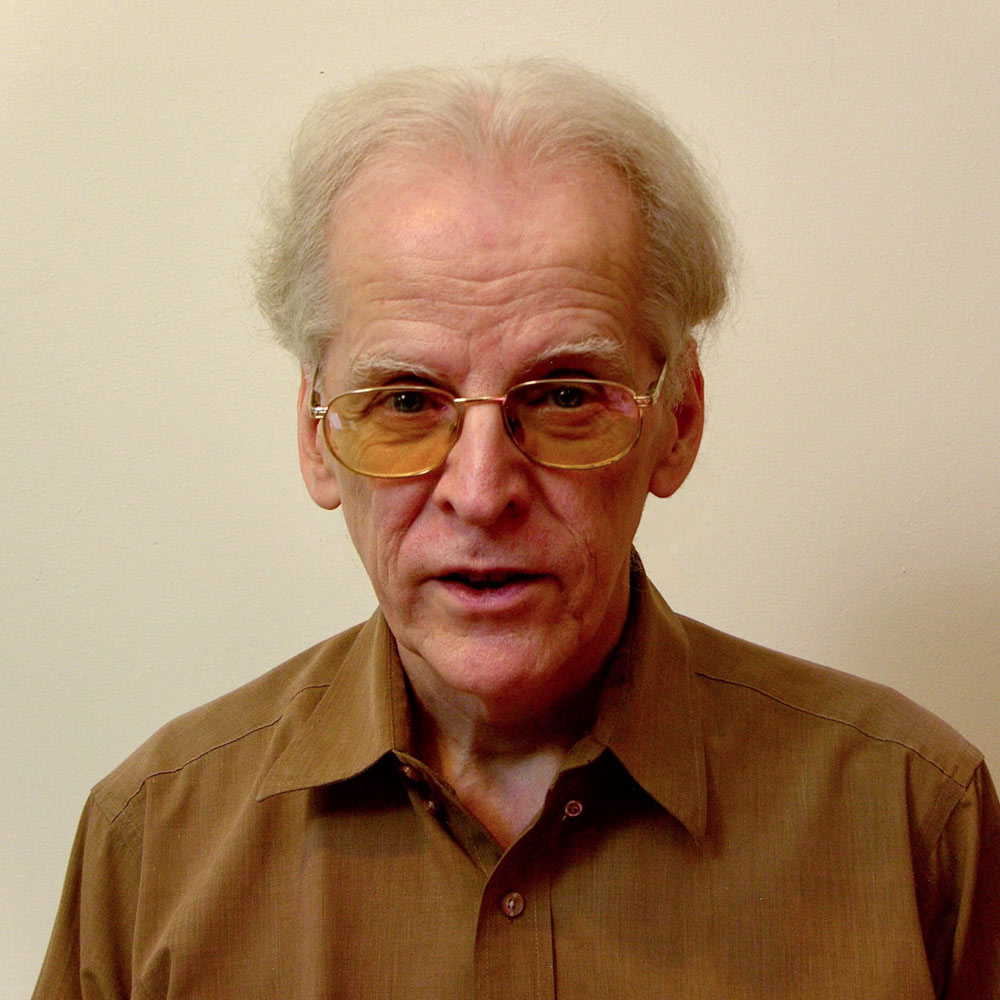
Composer
Julius Bucsis is an award-winning composer, electric guitarist, and visual artist. His compositions span a range of genres and include works for acoustic and electric instruments as well as computer generated audio and video. Since 2011 his works have been presented at almost 200 events across the world. His compositions have been included on albums released by Ablaze, Ravello Records, RMN Classical, and Soundiff. He received a Doctor of Arts degree from Ball State University.
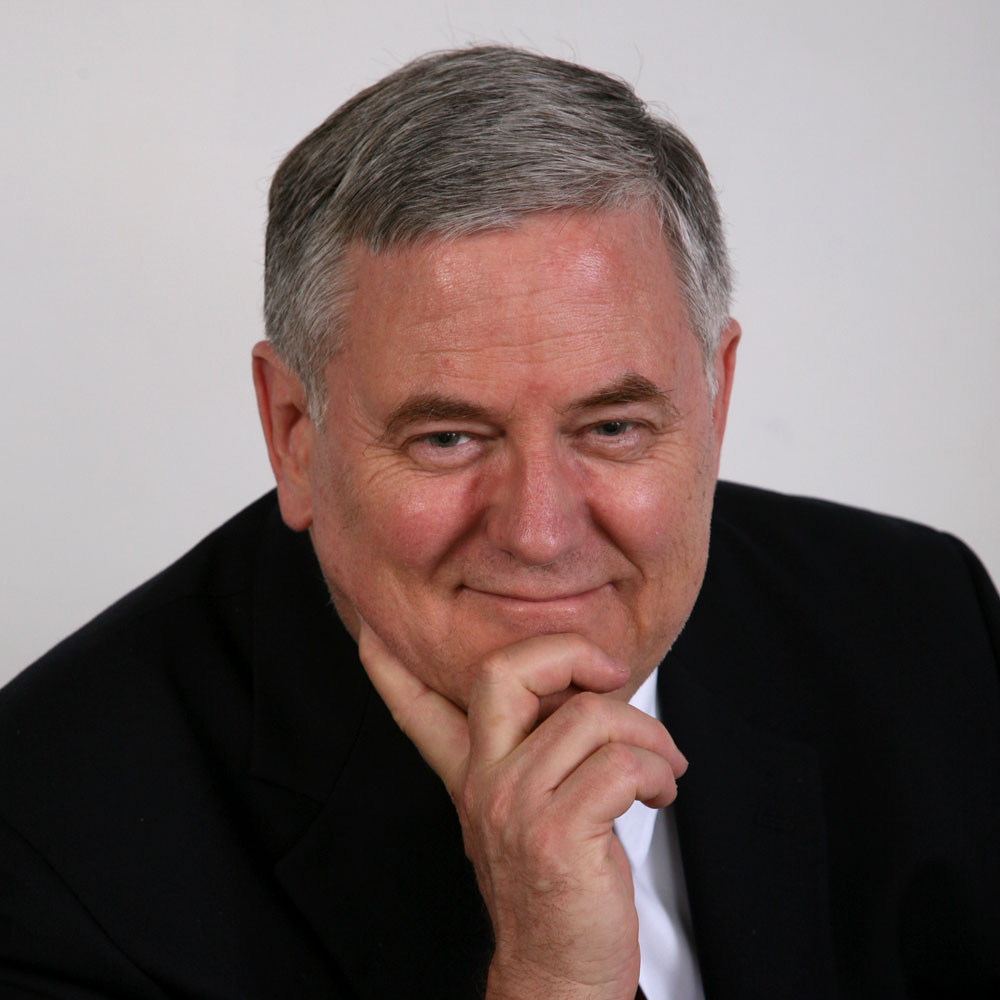
Composer
Hubert Howe was born in Portland, Oregon and grew up in Los Angeles, California, where he began his musical studies as an oboist. He was educated at Princeton University, where he studied with J. K. Randall, Godfrey Winham and Milton Babbitt, and from which he received the A.B., M.F.A. and Ph.D. degrees. He was one of the first researchers in computer music, and became Professor of Music and Director of the Electronic Music studios at Queens College of the City University of New York. He also taught at the Juilliard School from 1974 through 1994. In 1988-89 he held the Endowed Chair in Music at the University of Alabama in Tuscaloosa. From 1989 to 1998, 2001 to 2002, and Fall 2007, he was Director of the Aaron Copland School of Music at Queens College.
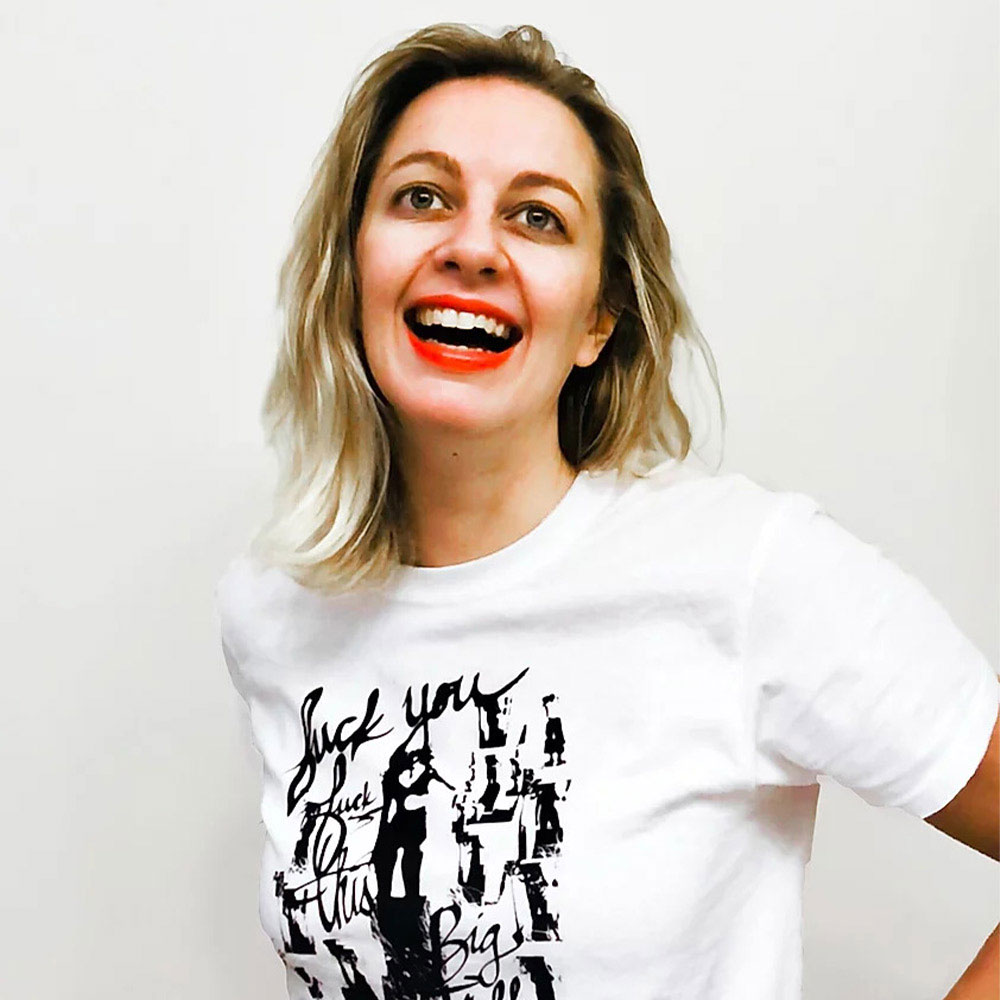
Composer
Composer Gemma Peacocke grew up in Hamilton, New Zealand, and she moved to the United States in 2014. She writes a broad range of music including art-pop songs, EDM-inspired tracks and orchestral music. She has a particular love of interdisciplinary work and often collaborates with artists, writers, and theatre designers.
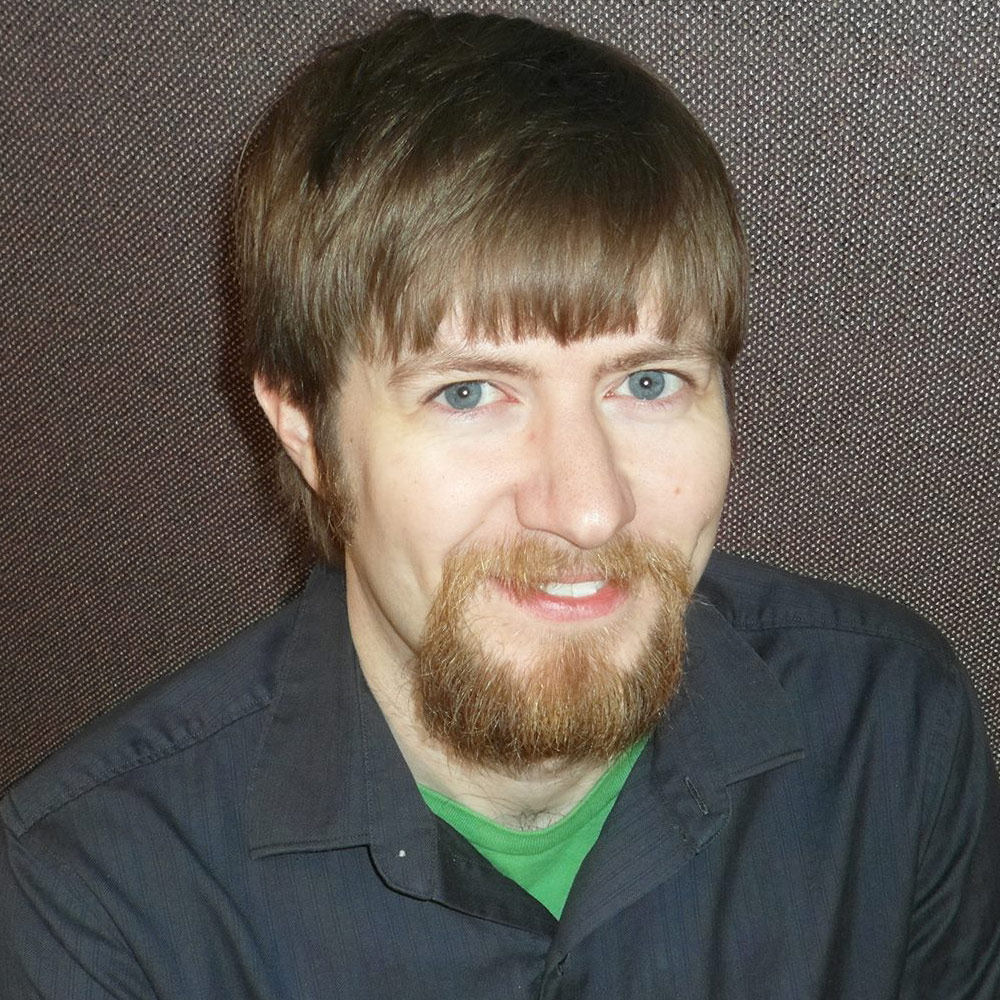
Composer
Composer and Sound Artist Kyle Vanderburg (b. 1986) grew up in southeast Missouri where the Ozark foothills meet the Mississippi River valley. Raised on southern gospel and American hymnody, his music walks the line between eliciting nostalgia and devising innovative sonic worlds. His electronic works often play with familiar sounds in new contexts (like a teakettle that turns into a thunderstorm, or duct tape that brings about the apocalypse); his acoustic works feature memorable melodies and a very fluid sense of time.
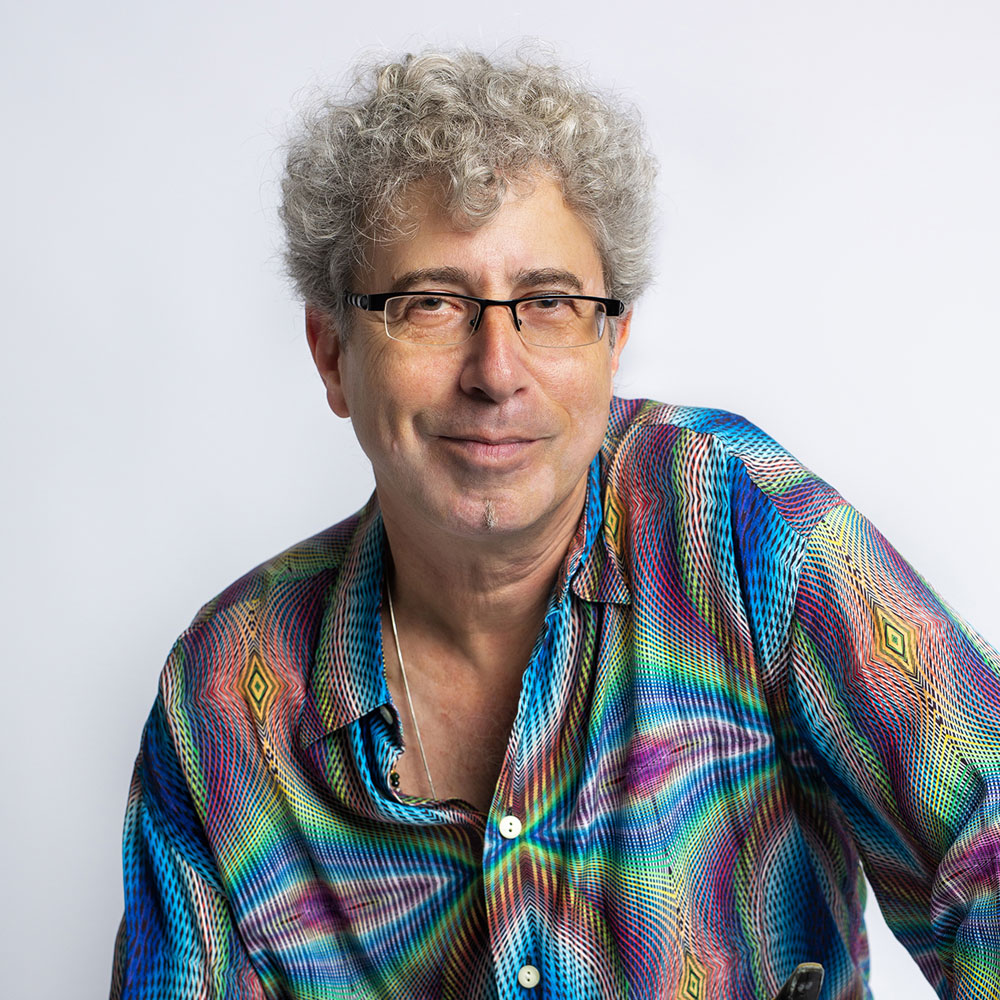
Composer
Ken Field is a saxophonist, flautist, and composer. Since 1988 he has been a member of the internationally acclaimed electronic modern music ensemble Birdsongs of the Mesozoic, with whom he has recorded eight CDs. He leads the Revolutionary Snake Ensemble, an experimental & improvisational brass band, and performs with the community-based Second Line Social Aid & Pleasure Society Brass Band. Since 2015 he has annually led a pick-up band of unafiliated musicians at the HONK!Oz Festival in Wollongong, NSW, Australia. His solo releases document his work for layered saxophones and his soundtracks for dance and film. Field was named a 2017 Finalist in Music Composition by the Massachusetts Cultural Council.
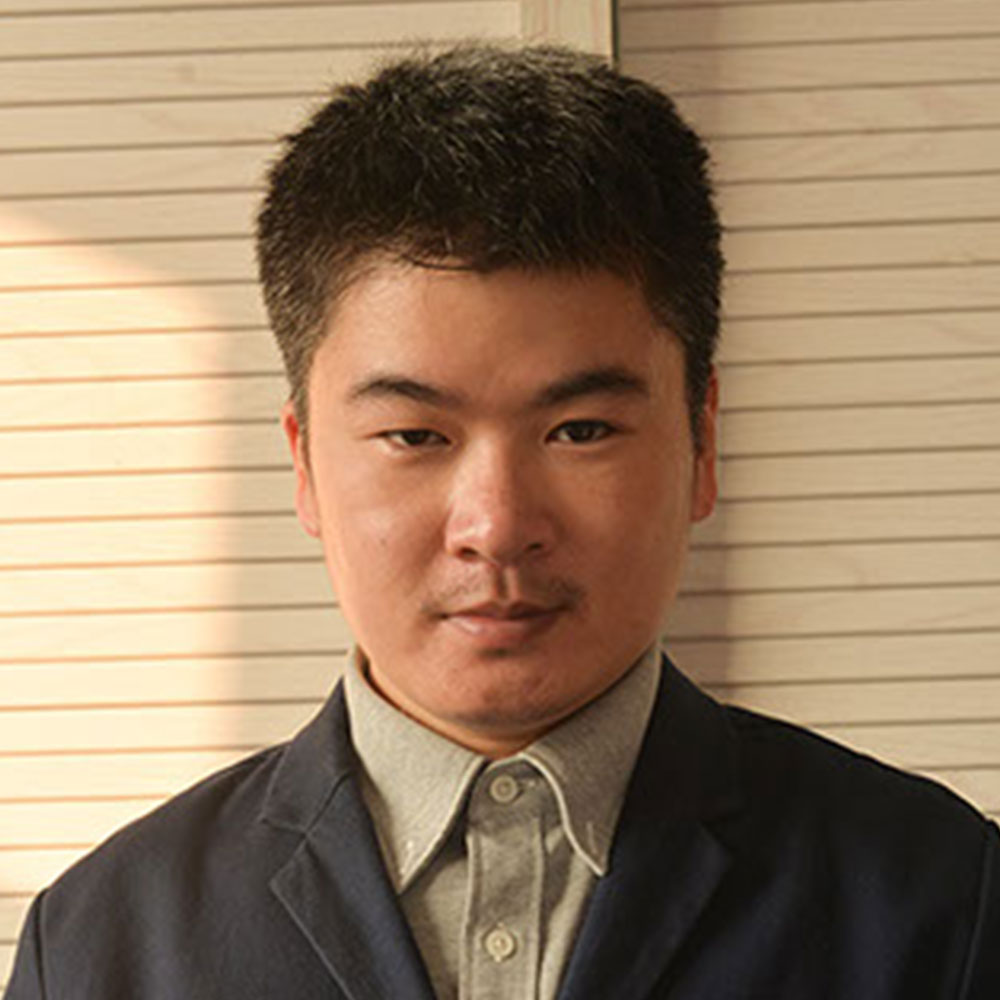
Composer
A poet who composes. Refines Chinese ancient essence, which combines with western civilization. Also a writer for film, TV and others, right now looking for someone to mediate.
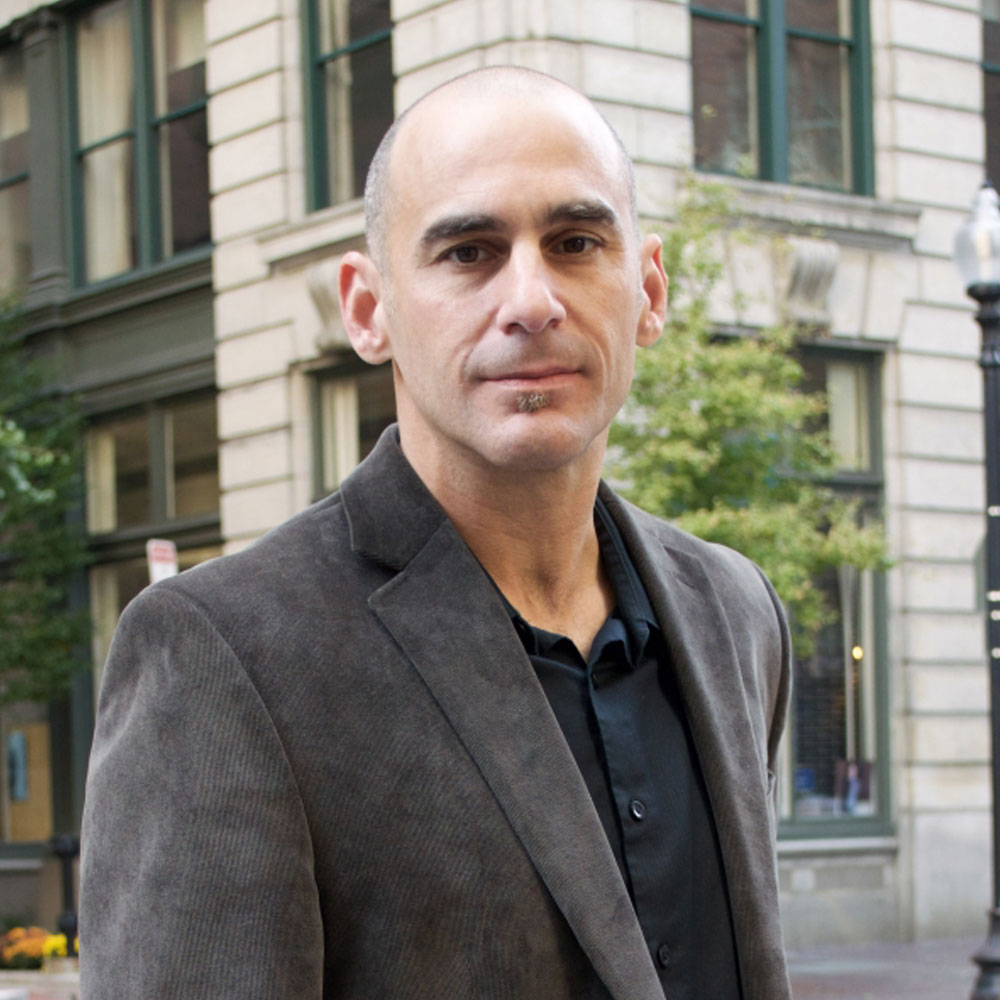
Composer
Mike Frengel is an internationally recognized composer, performer, researcher, and educator. Born in Mountain View, California, Mike graduated with a B.A. in electroacoustic music from San Jose State University in 1995, where he studied composition and sound production with Allen Strange and Dan Wyman. He spent another three years in the San Francisco Bay Area working at Apple Computers Inc. as well as remaining affiliated with the C.R.E.A.M. Studios at SJSU as a Research Scientist. Mike completed his M.A. in electroacoustic music composition at the Bregman Studios at Dartmouth College in 1999 under the tutelage of Jon Appleton, Charles Dodge, Larry Polansky, and Christian Wolff. He completed his Ph.D. at City University, London, where he studied composition with Denis Smalley.
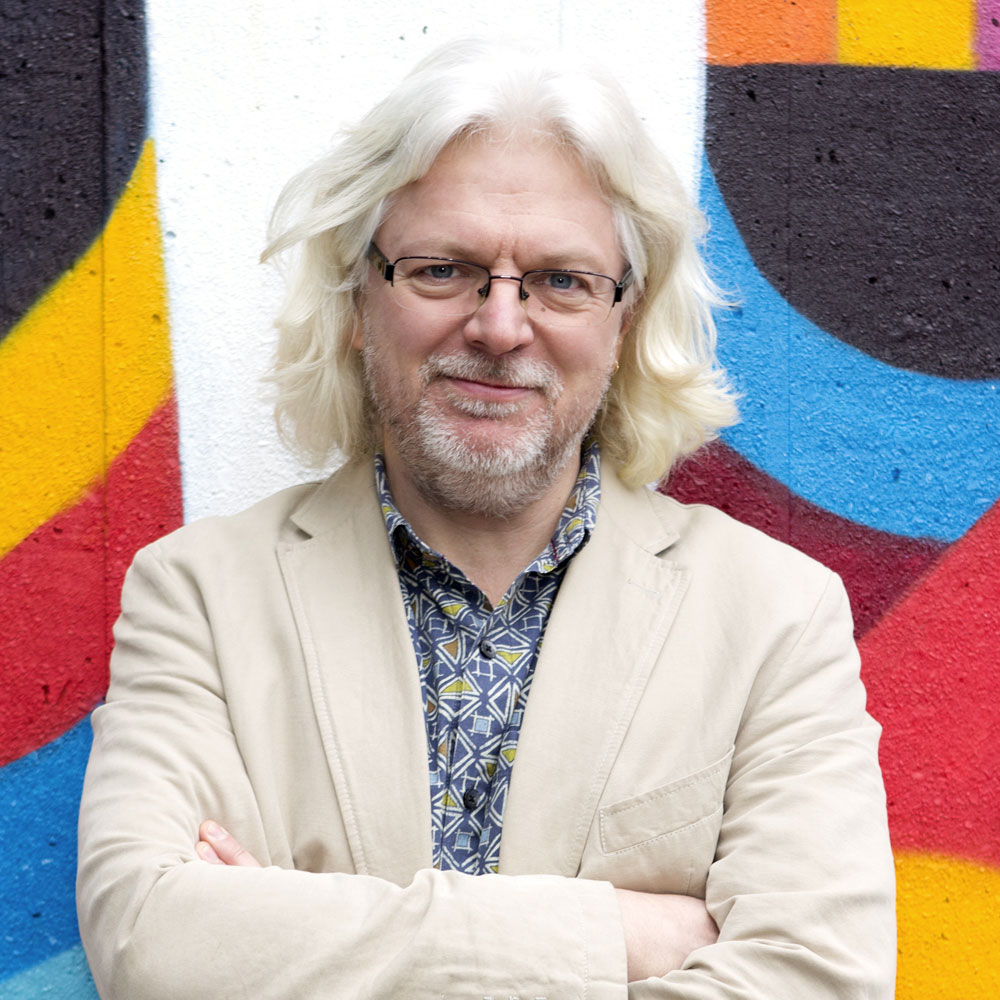
Composer
Stephen Goss’s music receives hundreds of performances worldwide each year. It has been recorded on over 80 CDs by more than a dozen record labels, including EMI, Decca, Telarc, Virgin Classics, Naxos, and Deutsche Grammophon. His output embraces multiple genres: orchestral and choral works, chamber music, and solo pieces. He is considered ‘One of the guitar’s finest living composers’ (International Record Review).
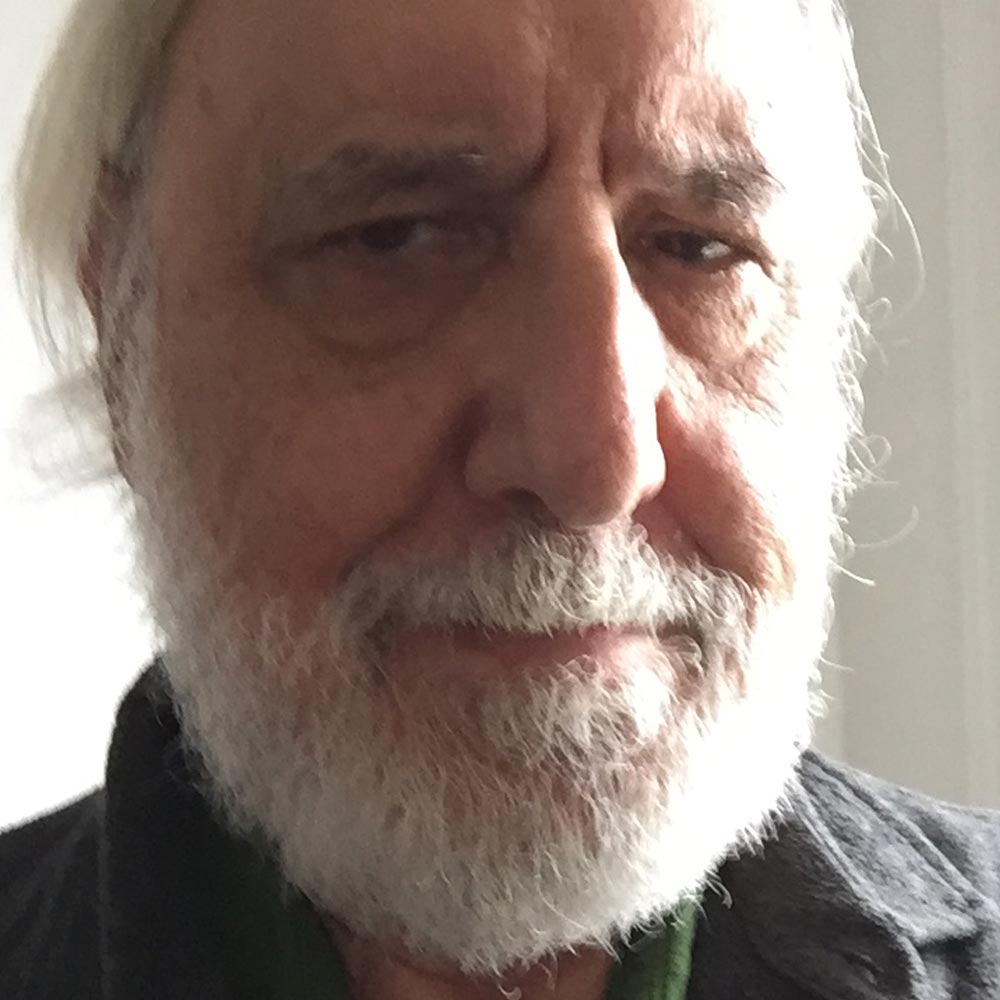
Composer
Joel Gressel (b. Cleveland, 1943) received a B.A. from Brandeis University and a Ph.D. in music composition from Princeton University. He studied composition with Martin Boykan and Milton Babbitt, and computer music with Godfrey Winham and J.K. Randall. His computer music has been recorded on the Odyssey, CRI, and American Composers Edition labels. He currently lives in New York and works as a computer programmer, maintaining and extending software that models tax-exempt housing-bond cash flows.
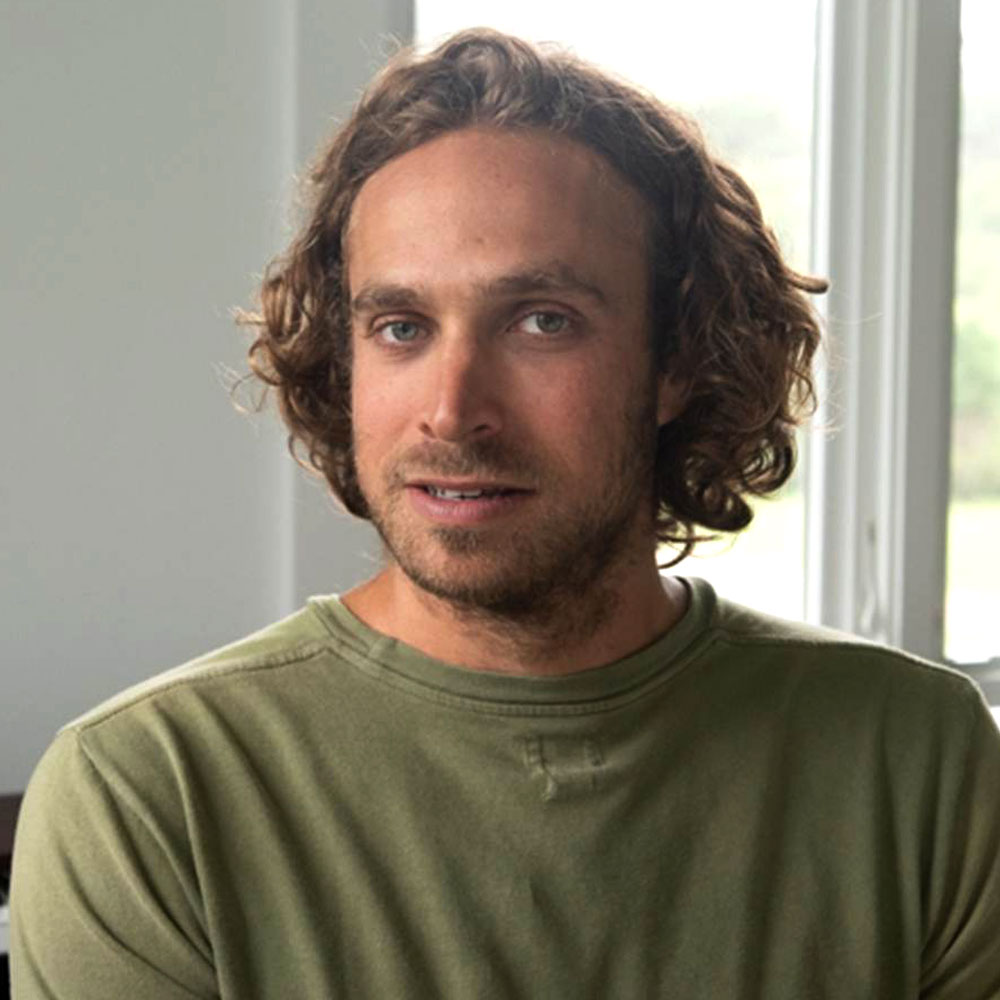
Composer
Jackson Greenberg is a Los Angeles-based composer, producer, and performer born and raised in Philadelphia. From a young age, Jackson was a featured soloist in various Philadelphia all-city youth jazz ensembles. He was close to pursuing a career in jazz performance when, during his senior year, his high school drama teacher insisted he write the score for her two plays: Dracula and The Tempest. It was these experiences of witnessing his compositions supporting drama that led Jackson to instead pursue a career in composition.
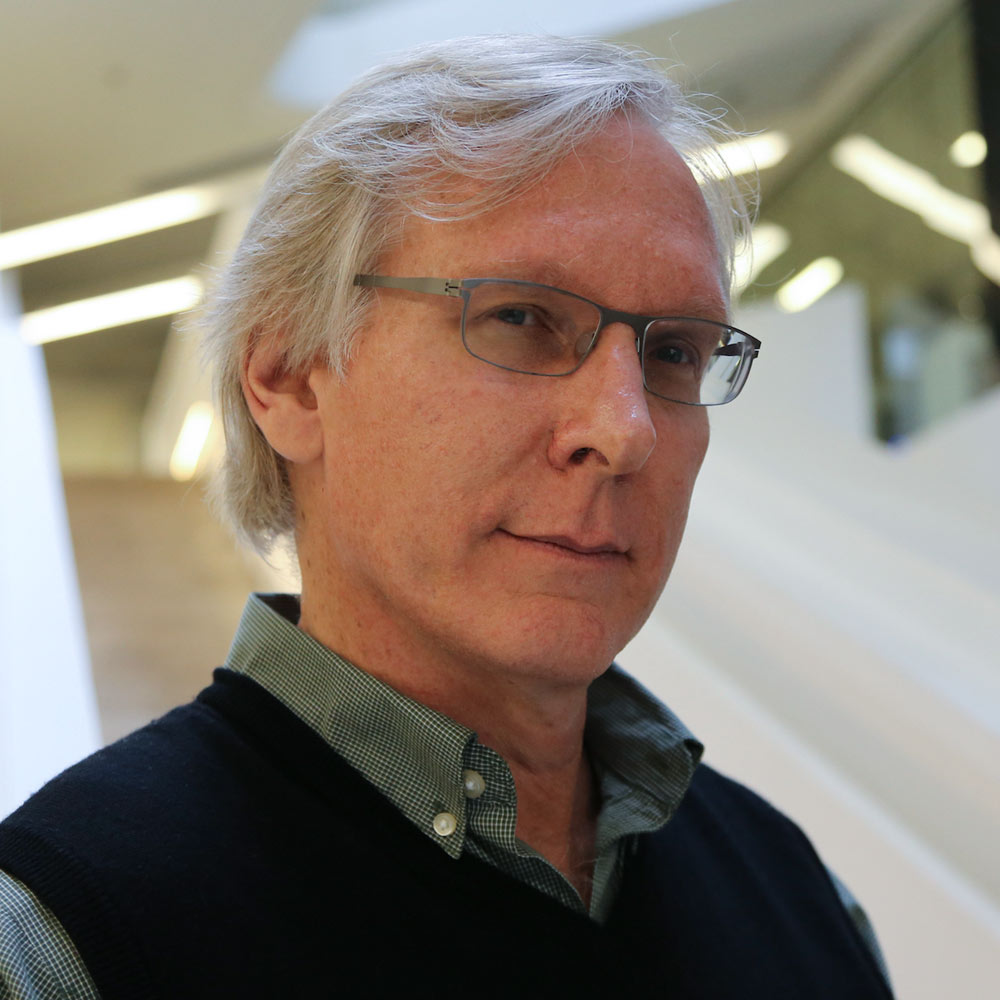
Composer
Acclaimed by Fanfare Magazine as “Masterful...a modernized Rachmaninoff” Christopher J. Keyes (b. 1963) began his career as a pianist, winning many competitions and later making his “double-debut” in Carnegie Hall as both soloist and guest composer with the New York Youth Symphony. He began formal composition lessons at the University of California at Santa Barbara, earning a B.M. in Piano Performance and a B.A. in Creative Studies with an emphasis in composition. He continued his musical training at the Eastman School of Music, completing his doctorate in 1992. His major composition teachers include Joseph Schwantner, Samuel Adler, Christopher Rouse, and Robert Morris. Among his numerous awards are the Eastman Szernovsky Award, several ASCAP Grants to Young Composers, and the Rudolf Nissim Award for best orchestral work written by a living ASCAP member. He is also an author of various scholarly articles on subjects including audio engineering, the pedagogy of composition, and music technology.
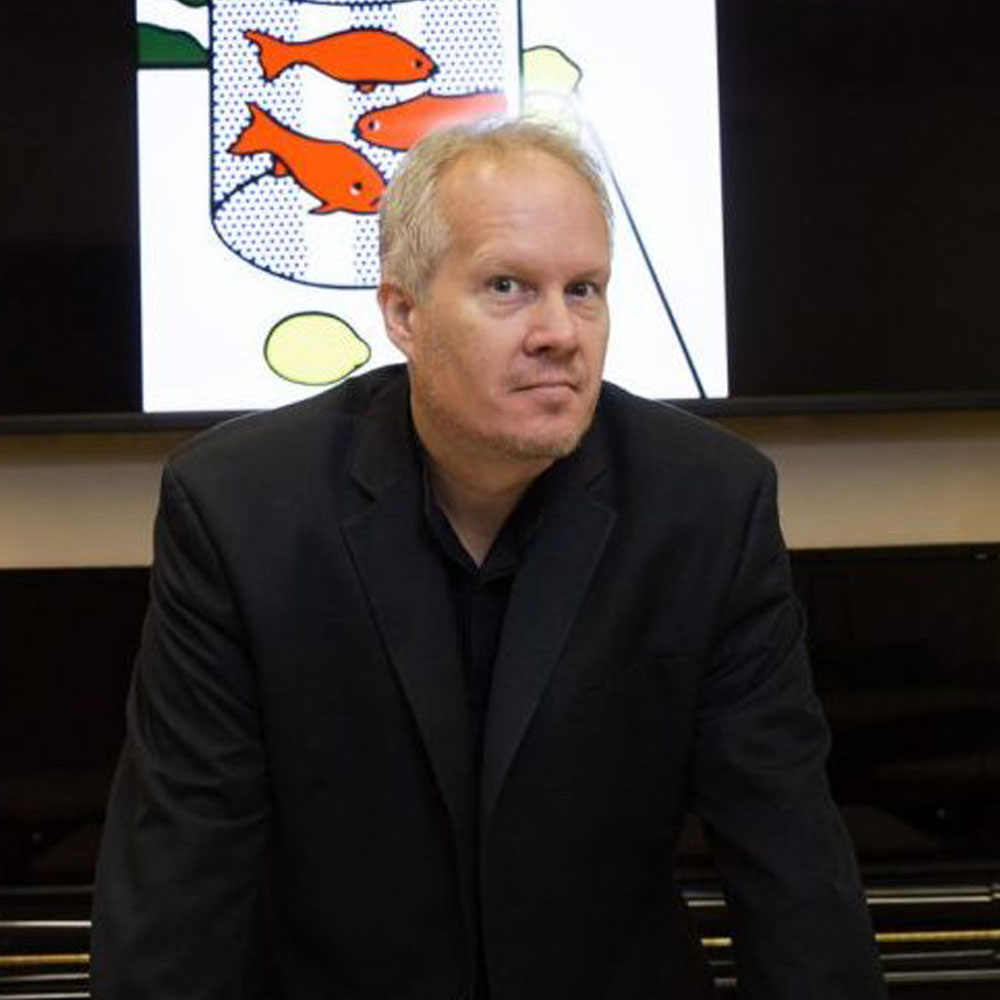
Composer
Kirk O'Riordan's music has been referred to as “unapologetically beautiful” and is often praised for its uniquely “visual” qualities that depict a wide range of striking moods. Gramophone Magazine praised O’Riordan as “a composer for whom imagery is a defining inspiration. ...[He] is a deeply sensitive composer who savours going gently into the night.” O’Riordan (b. 1968) is an active composer, conductor, saxophonist, and teacher.
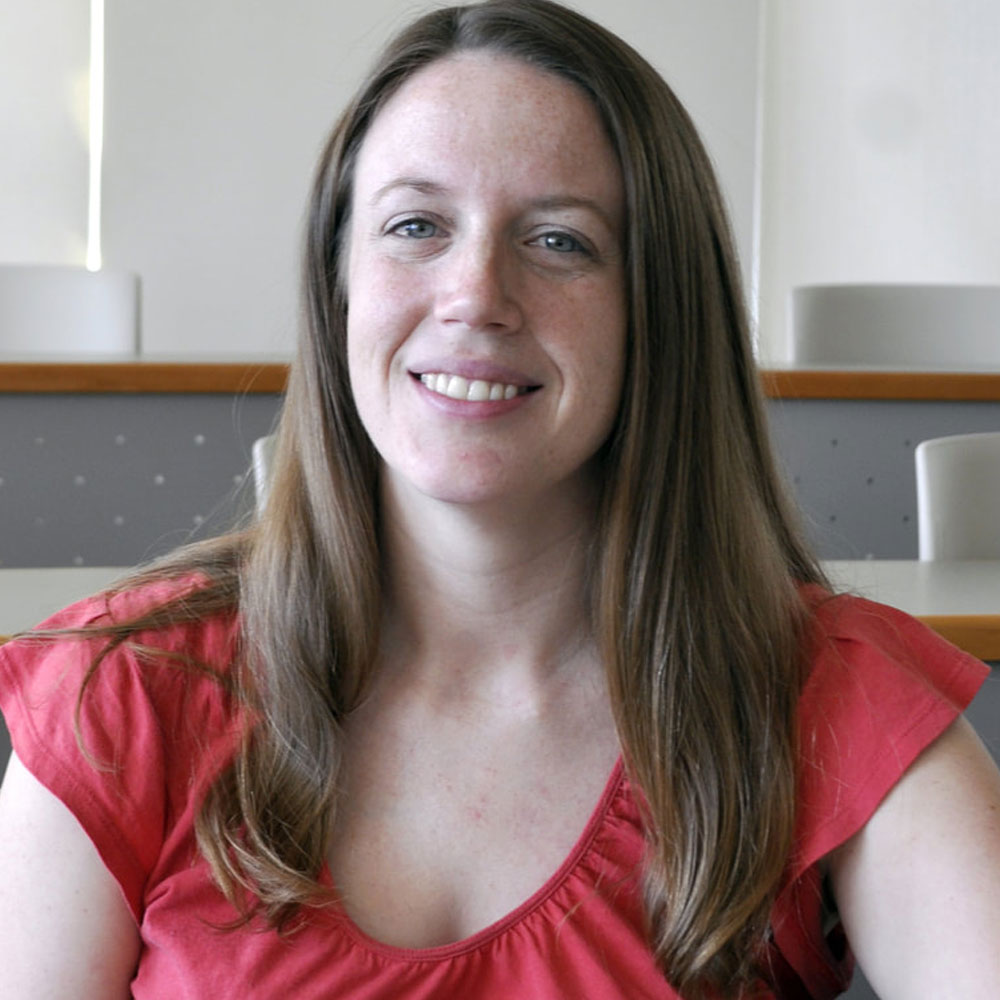
Composer
Composer Anne Neikirk is drawn to creative processes that involve interdisciplinary work. Her background in vocal music instilled a particular interest in the relationship between music and the written word. Past awards and grants include the Presser Music Award, an American Composers Forum Subito Grant, and inclusion in the Society of Composers CD Series. Neikirk has presented her work at conferences including those of the Society of Composers, the College Music Society, the Society of Electroacoustic Music in the United States, and the American Harp Society, among others. Her music is distributed by ADJective New Music, LLC.
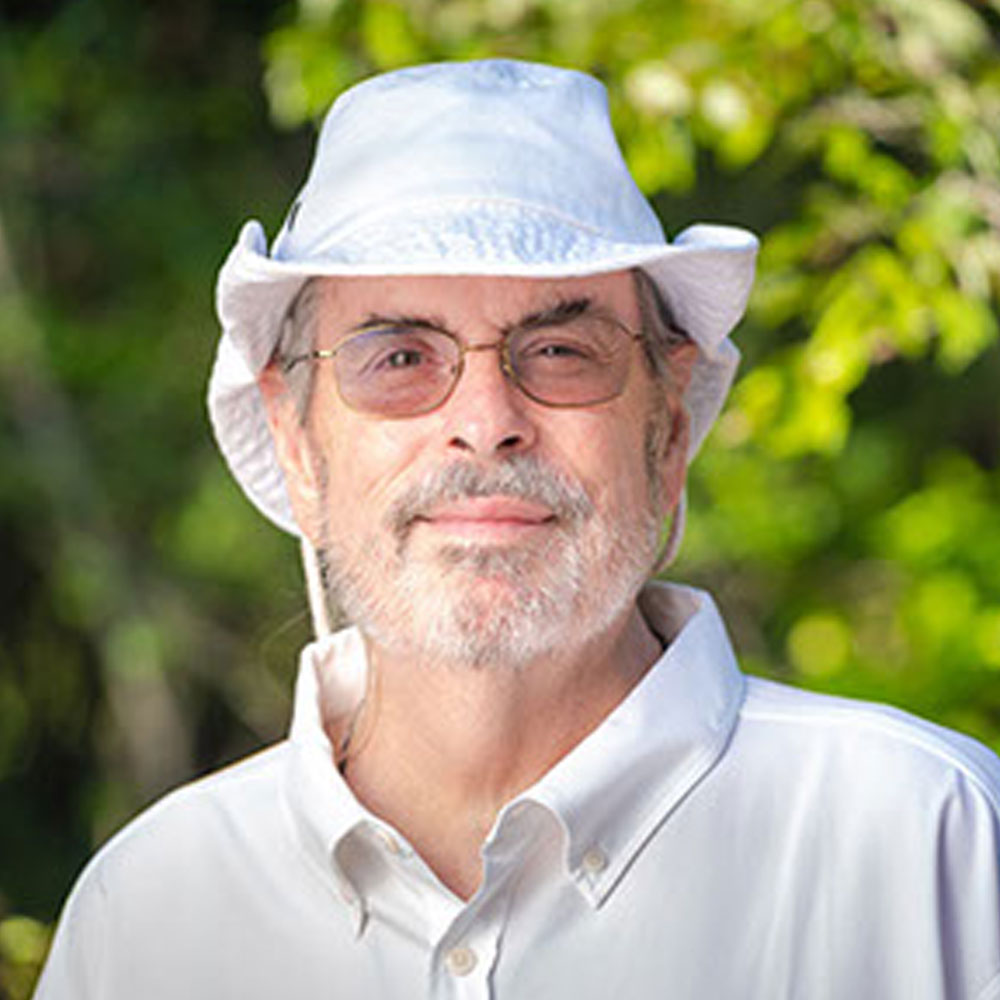
Composer
Leonard V. Ball, Jr. was Associate Professor Emeritus of Composition and Theory at the University of Georgia, where he taught music theory, acoustic composition, electronic composition, and music technology. While at UGA, he was also Director of the University of Georgia electronic studio from 1987 to 1995; Director of the Roger and Phyllis Dancz Center for New Music Electronic Studios from 1995 to 2001; Director of the Roger and Phyllis Dancz Center for New Music from 2002 to June 2015; and Chair of the Composition/Theory area from 2010 to June 2015.
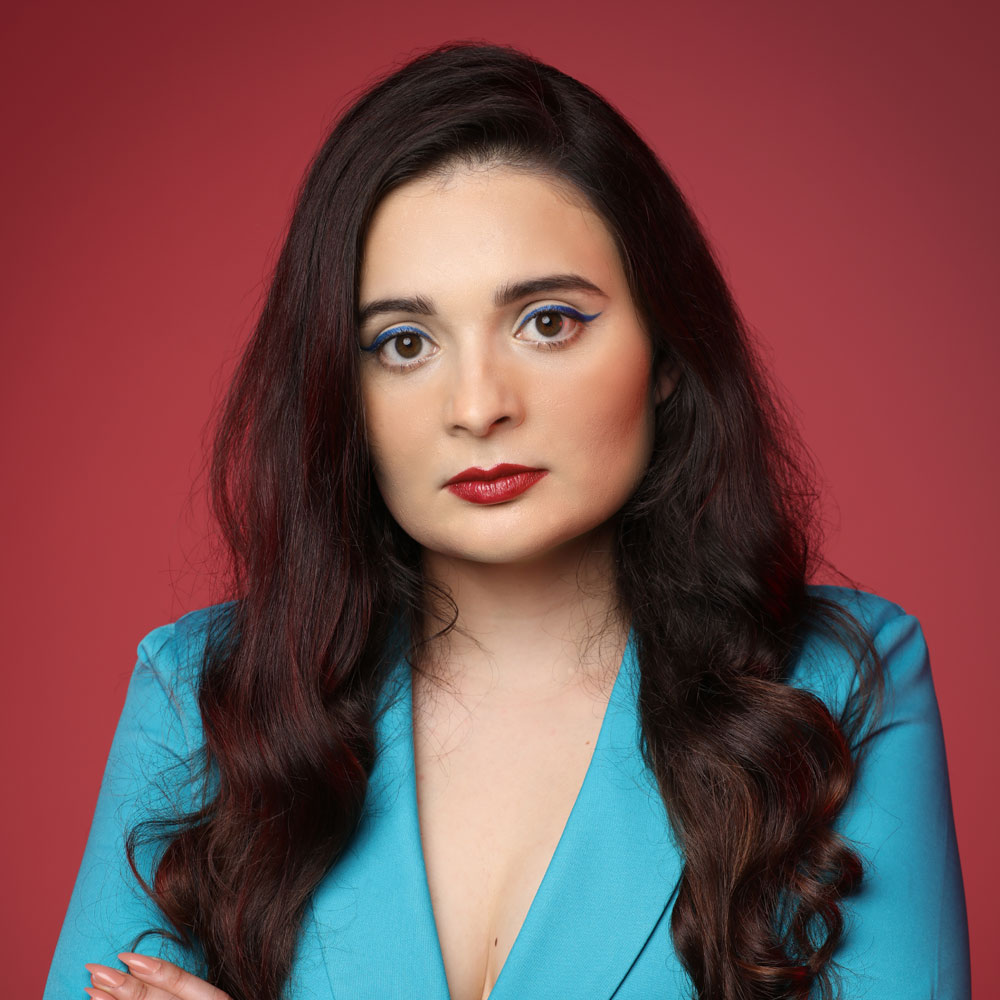
Composer, Saxophonist
Polevaya’s journey as a musician began with classical training on several instruments. She then became immersed in more experimental forms of performance, in particular electroacoustic improvisation with effect pedals. Polevaya’s performance background ties closely with her compositional work, which is often infused with electronics, found objects, and theatrical elements.
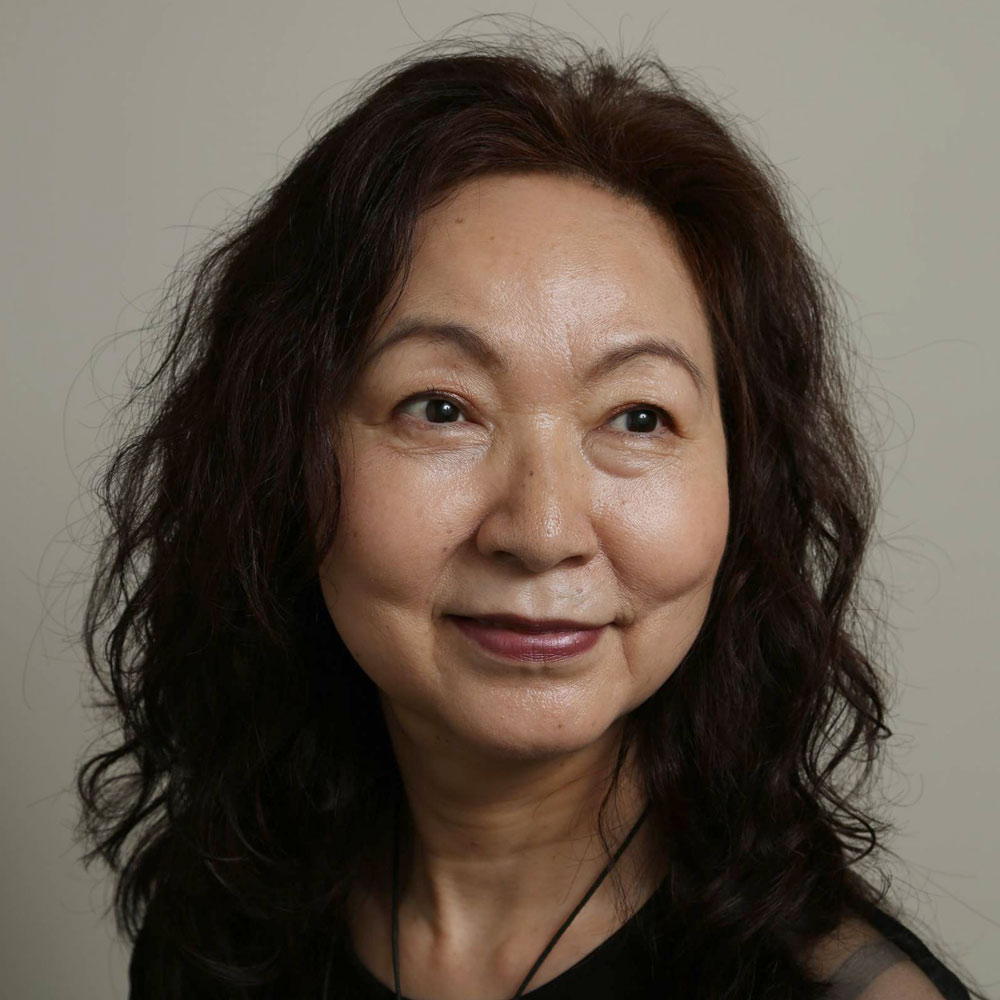
Composer
Akemi Naito is a composer based in New York City. Born in Tokyo, she studied composition at the University Division of the Toho Gakuen School of Music and was a member of the school’s faculty from 1980 to 1991. Following her earlier activity as a composer in Tokyo, she received a grant from the Asian Cultural Council that enabled her to move to New York City in 1991.
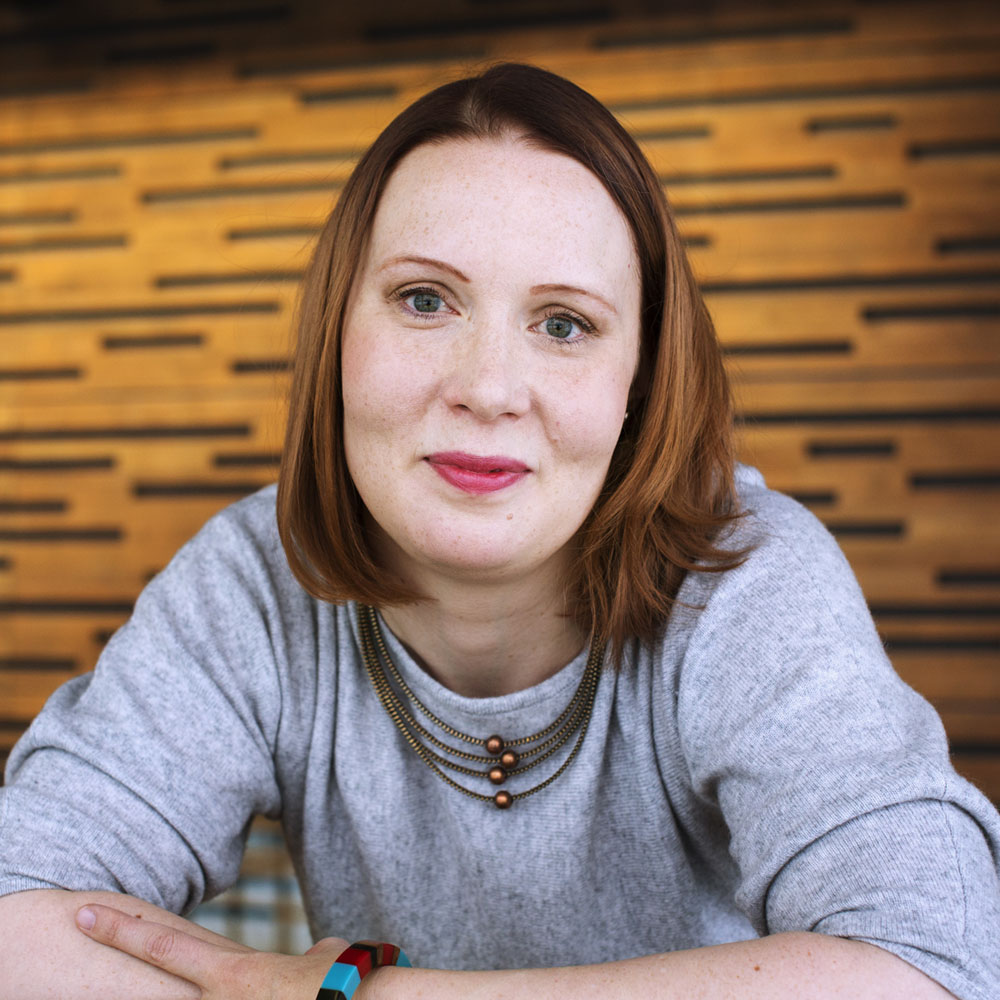
Composer
Maija Hynninen (b. 1977) — composer and sound artist — works in concert music, electronic instrument design, and multidisciplinary performances. The essence of her music builds on the unique moments where the parameters of this world are slightly altered to allow a glimpse of another reality to be present. It can be a moment where the timbre of purely acoustical writing gives surprising results or when electronics project sound into another domain, space, and reality.
Composers
©2024 Ravello Records. All rights reserved. Website by PARMA Recordings. | Privacy Policy
